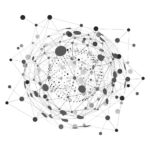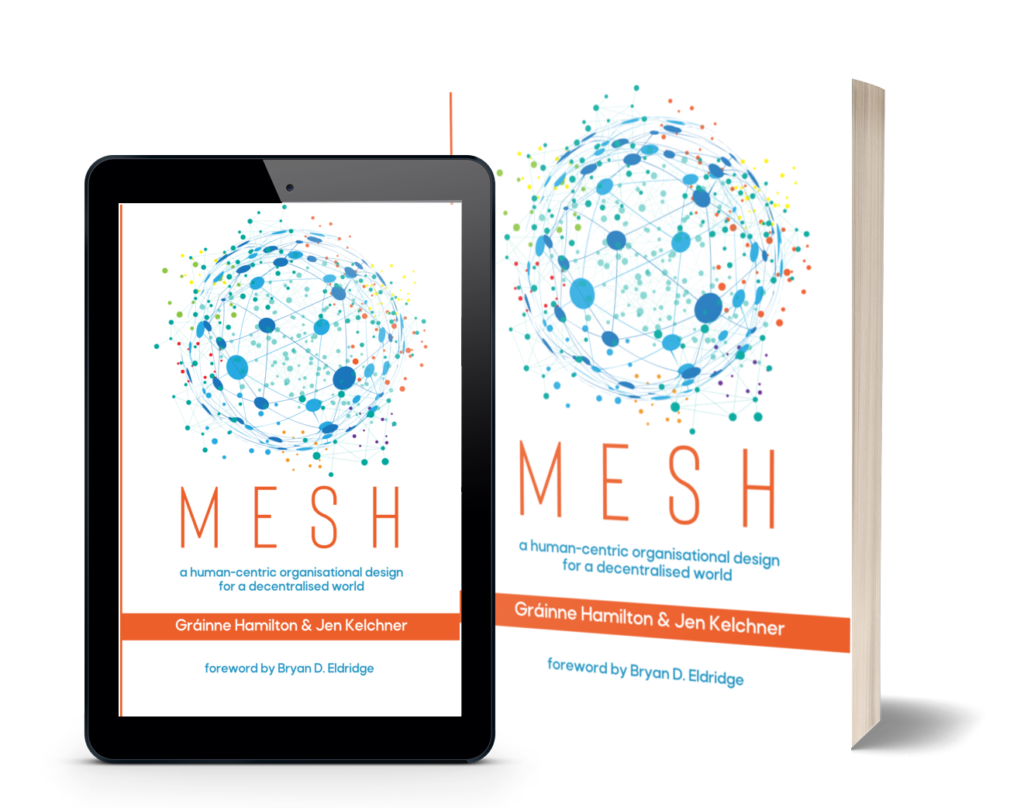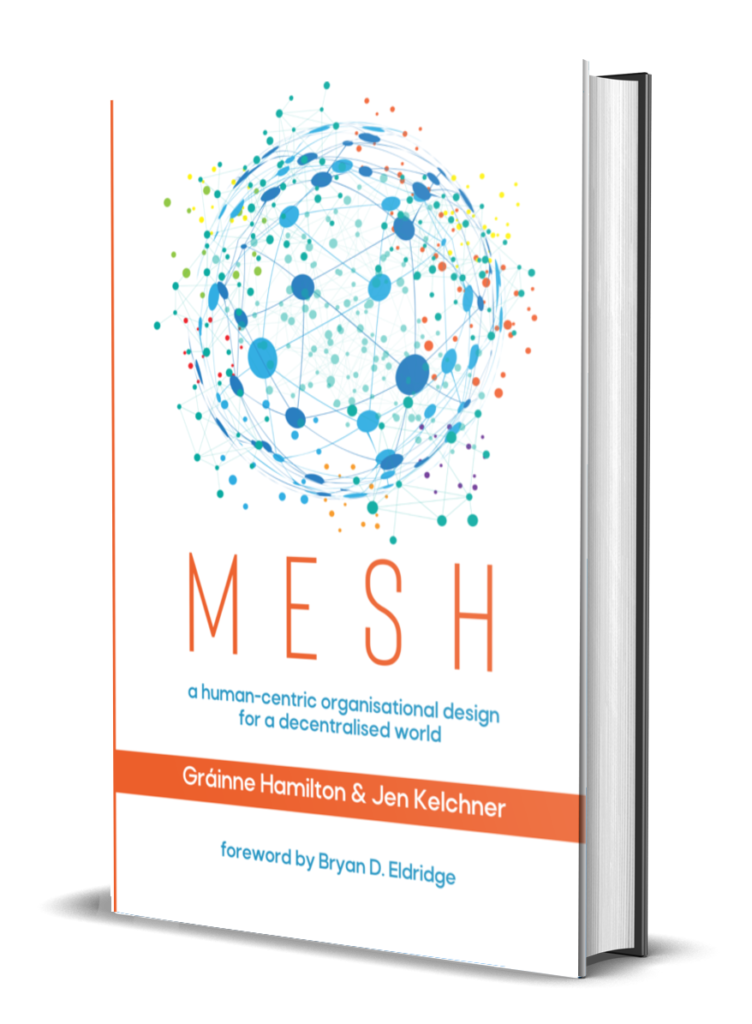MESH provides an actionable blueprint for fostering sustainable and adaptable organizational cultures.
MESH
Table of Contents
Epigraph
Foreword
Concept Map

Setting Context
1. Where have we been, where are we now, where are we going?
2. An Organisational Design
3. Trapped & Untapped Value
4. Organisational Culture
5. Organisational Structure

The Design Concept
6. Mesh Model

A Method for Implementation
7. Mesh Method
Implementing the Design
8. Mesh Mindsets
9. Mesh | Core
10. Mesh | Operational
11. Mesh | Global
Powering Performance
12. Empowering (Re)Generative People
Seeing the Unseen
13. Skills Visibility
Optimising Deployment
14. Contribution Visibility

Managing the Mesh
15. Primer Tools

Emergence
16. Web3 Solutions
17. Emergence & Expansion
Acknowledgments
Glossary
Bibliography
About the Authors






